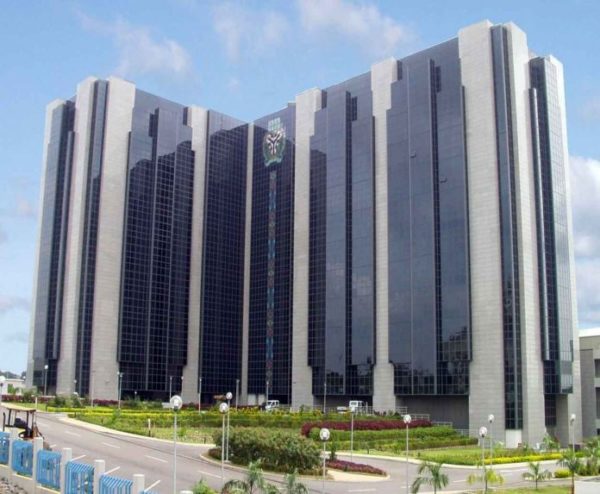Commercial banks are writing their top customers demanding that prices for loans extended to them be reviewed upwards to reflect new interest rate realities, Managing Director/CEO, BaoBab Microfinance Bank, Kazeem Olanrewaju said.
The new and higher lending rates already being implemented by banks on the top borrowers followed rise in Government borrowings through Nigeria Treasury Bills (NT-Bills).
Yields for one-year NT-Bills was 7.8 per cent at the weekend, higher than about 1.5 per cent paid a year ago.
The rise in borrowing rates by government has pushed depositors to demand higher interest for their funds, leading to higher rates for loans. Term deposit rates in banks have also risen to around 9.5 per cent from below five pre cent a year ago during the low-yield government securities era.
With the development, many commercial banks that gave long-term loans to their top customers when they got cheaper deposits are now writing such customers demanding that the the loans be repriced as deposit rates rose.
Olanrewaju said commercial banks that previously gave out cheap loans to their customers when NT-Bills rate was low are demanding that the loan prices be renegotiated to suit new market rates.
“Banking is like every other things. You cannot be buying money costly and selling cheap. Our own bank ( a commercial bank) has written to us, asking us to come and renegotiate price for the loans we took from them. Nobody is asking for interest rates on deposits, everybody is asking for something extra on loans already extended,” he disclosed.
Continuing, Olanrewaju said: “For more than one year, we have been with the commercial bank, and suddenly the bank is now changing the whole parameter asking that the loan price be renegotiated. For us, when we sign a contract with a customer, that contract stands till the end of the tenor of the loan”.
READ ALSO:
- Branch offers 20% annual investment returns, instant loans
- Nigeria, other emerging markets can take more loans- IMF
“If we agree with you that the interest rate is three per cent, no matter what happens, unlike the commercial banks, we will not write you to say the interest rate has gone up, please come and pay 3.2 per cent. We will not do that, because if you look at the contract, it is very simple.”
Olanrewaju explained that irrespective of the movement of the interest rate, his bank always insists on implementing the loan agreement rate.
“Right now that everybody is renegotiating, we have sticked to the rates at which loans to our customers were approved, unless for new ones. For the ones we have committed ourselves since last year, there is nothing we can do about it. We are not even thinking of communicating to the customers, until time of renewal,” he said.
In emailed notes to investors, Managing Director, Afrinvest West Africa Limited, Ike Chioke, said: “Yields in the Nigerian Treasury Bills (NT-Bills) market have sustained an upward trajectory over the past few weeks. This means that with as little as N100,000.00 you can have access to yields as high as 7.75 per cent for 316 days if you invest through Afrinvest Securities today.”
According to Central Bank of Nigeria (CBN’s) data, prime and maximum lending rates sometimes, averaged between 15.01 per cent and 30.70 per cent.
Some borrowers pay higher interest on loans up to 40 per cent depending on perceived risk assigned to such loans.
However, the Monetary Policy Rate (MPR), which is the benchmark interest rate at which the CBN lends to the commercial banks, is currently at 11.5 per cent.
Despite the rise in lending rates, a member of the CBN-led Monetary Policy Committee (MPC) Prof. Festus Adenikinju, said commercial banks have granted N4.56 trillion new loans to borrowers in the last 12 months.
In his personal note to the MPC, Adenikinju, said N300 billion was loaned to banks’ customers within the last one month.
He disclosed that the banking sector also attracted N6.95 trillion additional deposits within the last one year.
The uptick in loan extension was attributed to the administrative actions around the cash reserve requirement (CRR) as well as the loan-to-deposit ratio (LDR) policies of the apex bank which encouraged banks to lend more to the private sector.
However, non-performing loan ratio deteriorated marginally from 6.10 per cent in December 2020 to 6.30 per cent in February 2021 in line with growth in the loan portfolio.
According to him, the Other Financial Institutions have also expanded credit appreciably, thereby providing credit support to women, workers, and informal sector operators, those that are discriminated against by the traditional banks.
Other analysts observed that despite the rise in lending rates, banks were paying less interest to depositors with customers are paying over 25 per cent higher fee than they are getting from banks.



